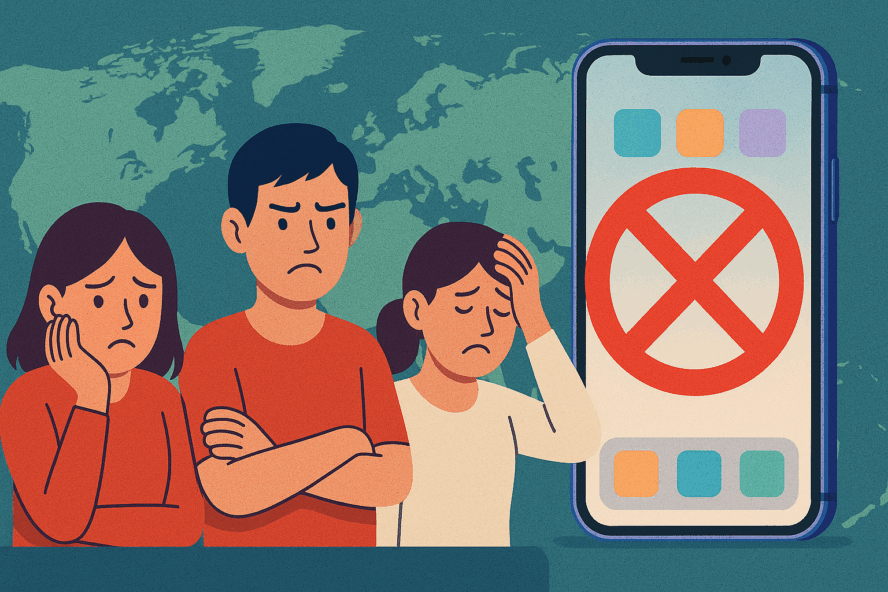
You Paid ₹80,000 for an iPhone. But Apple Decides What Apps You Can Access
You buy an iPhone in India for ₹79,999 or more—sometimes even higher than in the U.S. You expect the full Apple experience. But when you open the App Store and try downloading a popular tool like a video editor or a social platform, you see: “This app is not available in your region.”
This isn’t just a bug. It’s a pattern—one that quietly discriminates.
You’re paying a premium price, but getting a limited version of the Apple ecosystem. And not because of government bans or legal blocks, but because Apple decides what your region gets to access.
For millions of users in India, Southeast Asia, Africa, and Latin America, this feels like being locked out of a global digital world—just because of where they live.
Region-Locked Access: An Unfair Divide
Apple loves to sell the dream of a global device. But its App Store? It draws invisible borders no one asked for.
The store you access depends entirely on your Apple ID’s region, which links to your country and payment method. Switching to the U.S. store isn’t simple. It requires a valid U.S. card, and doing so risks losing existing purchases and subscriptions. Even worse, Apple only allows you to change regions once every 90 days.
This isn’t just friction—it’s control.
By locking access behind national borders, Apple quietly separates users into tiers. First-class users in the U.S. or EU get full creative freedom. The rest? They get limitations.
Europe Gets Flexibility. Others Get Frustration
After pressure from EU regulators through the Digital Markets Act, Apple introduced sideloading and third-party payment options. But those changes apply only to users with Apple IDs in the EU.
Travel outside Europe for more than 30 days? You lose those rights.
Meanwhile, nothing has changed for users in India, Nigeria, Indonesia, or Brazil. There’s no alternative App Store. No third-party payment options. No sideloading. No clear path forward.
If you live in Delhi or Nairobi, you’re paying premium—but getting less.
Apple Must Reconsider
Major developers like Epic Games and Microsoft, along with regulators in the UK and Japan, have raised concerns over Apple’s restrictive App Store policies. These practices create unequal digital experiences across regions—limiting users who pay the same, or more, for their devices.
So far, Apple has made adjustments only where forced—such as in the European Union under the Digital Markets Act. But a true global company should not wait for legal pressure to do the right thing.
India and other nations must voice the need for fairness. Regional borders should not define what users can access on the very same devices others enjoy fully. Apple has the power and responsibility to change this.
What Needs to Change
- All users, all apps: Unless an app is banned by law, iPhone users everywhere should be able to access it.
- Transparent policies: If an app is missing, users should be told why.
- Freedom to choose: Third-party app store access must be global, not just in Europe.
Final Word
You didn’t buy a region-locked phone. So why should your apps be region-locked? If Apple wants to be global, it must start acting like it. Equal access is not a luxury. It’s a right.
It’s time Apple heard the voices of users across India and beyond. Not just with words—but with change.
